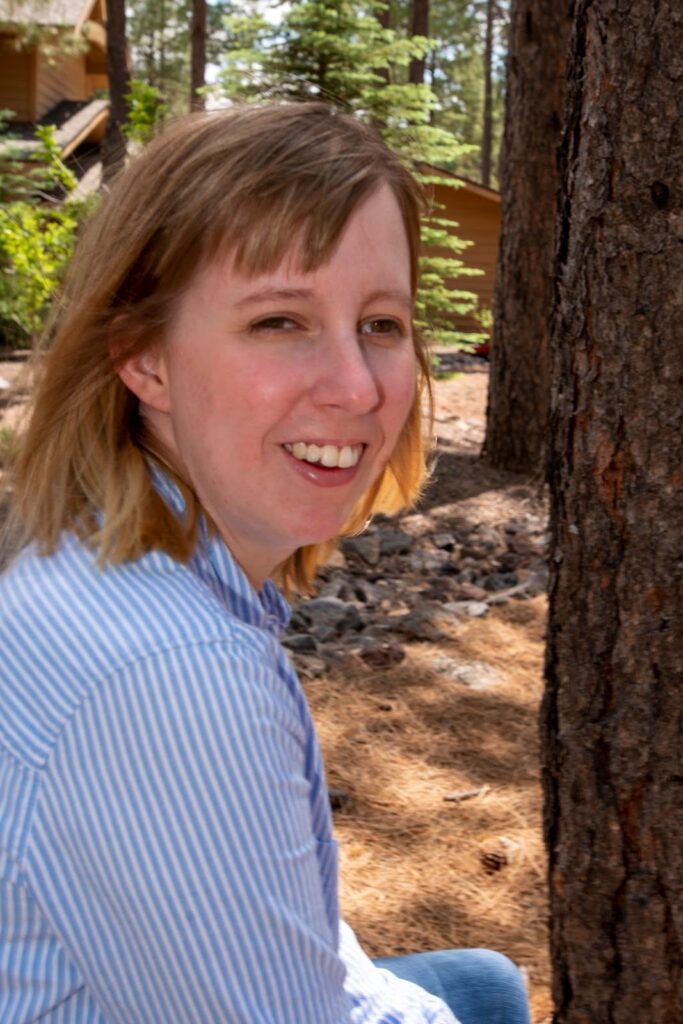What does Autism Awareness and Acceptance Month mean to you?
As an individual with autism, Autism Awareness and Acceptance Month means to me that I must educate those who work and connect with those with autism directly in some capacity about my experiences with autism. Each year in March, I get excited about Autism Awareness and Acceptance Month, as I can travel around the community to share my story through speaking opportunities throughout April.
What message would you like to share with parents, families and allies of autistic individuals?
I want to encourage all of those who interact with people with autism in some capacity to challenge stereotypes.
Those with autism are smart, gifted, and hard-working, and they can find and secure competitive integrated employment, live independently, and make and keep friends. Just because we may need a little help in terms of training or outside resources, it doesn’t mean a person with autism is less capable than those they know who are not on the autism spectrum.
How can our community better support individuals with autism?
This is a multi-part answer for me as I am passionate about it. First, our community should continue to support those with autism by creating inclusive workplaces filled with supportive co-workers, sensory-friendly areas, and overall reasonable accommodations. When a person with autism is accepted at work and provided with reasonable accommodations, I believe they have the potential to be successful and thrive ultimately leading to increased independence and mastery of tasks.
Second, we need to continue advocating for services for individuals with autism. Services are provided through various agencies and state groups. It takes a village to advocate for what people with autism need for services- whether it’d be through job coaching, habilitation, or individualized home-based services. Along those lines, providers and coaches allow those with autism to advocate for themselves in meetings.
Lastly, our community can support those with autism by creating meaningful housing opportunities. Individuals with autism want to live independently and move out of their parent’s house. When a young adult wants to live independently and finds out that limited housing opportunities exist it can be discouraging.
As a member of SARRC’s SAAB, what initiative or personal goal is most important to you?
As one of the newest members of SARRC’s SAAB, I am passionate about learning more about the different departments at SARRC, and how they all work together to assist families and individuals with autism. Moreover, I’m excited to grow into my role as a member of the SAAB; an exciting part about being a part of the board is the opportunity to have time allocated each week before our meetings to work on professional development and governance training, to allow me to be a stronger advocate.
What have you discovered about yourself through your journey with autism?
When I was first diagnosed with autism, I remember feeling annoyed and discouraged. I just wanted to belong and make friends. Now, as a 30-year-old woman with autism, I can confidently say that autism doesn’t define me; rather, it’s a positive diagnosis. I can live independently, cook my meals, budget my money, and manage the balance between ‘needs and wants.’ I even work two jobs and recently graduated from the LOPES Academy at Grand Canyon University.
I’ve also learned that autism can bring moments of sensory overload. Certain behaviors can trigger frustration or overwhelm me. These overloads create anxiety because I might struggle to find the words to express my needs or the situation might be too much to handle, like a wedding. The older I become, the more difficult it is for me to be in noisy environments without my noise-canceling headphones, because I find them overwhelming.
Another key takeaway is that I can advocate for those with autism by giving speeches and presentations or serving on boards like SARRC’s SAAB. My passion lies in using my voice by leading autism awareness seminars. These seminars provide a standard overview of autism, what strategies work best for me, and insight into my family.
The last thing I’ve learned on my journey with this ‘diagnosis of awesomeness,’ as I call it, is the importance of self-love. I practice positive affirmations and celebrate my small victories. For example, if I make my bed or put my phone down for a few hours, I’ll acknowledge those accomplishments by remembering them or writing them down in my journal.

